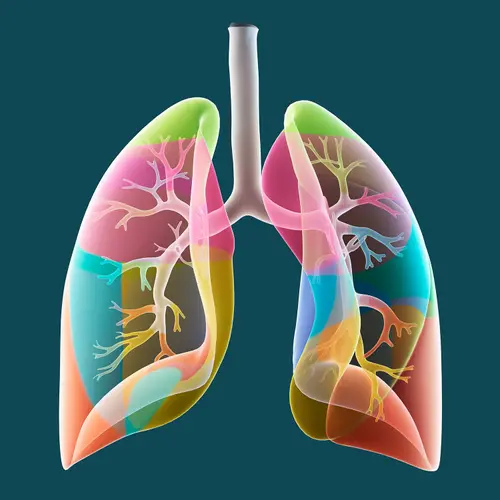As you go through lung cancer treatment, you’ll have a whole team of professionals ensuring that you’re getting quality care. That group will likely include your primary doctor, cancer specialists, and other experts who will work together with you every step of the way.
There are three main types of lung cancer, and the type and stage of cancer you have will affect the care you need. You’ll want to really get to know each person and understand what they do, because open communication is crucial to getting the best care.
Your Treatment Team
The health care professionals you work with may include:
Your primary care doctor. They may be the first person to raise the possibility that you have lung cancer and refer you for further testing. Ask for recommendations to a couple of doctors so that you can research them and choose the one that’s the best fit for you.
Even though your oncologist will be the main doctor for your lung cancer treatment, you’ll still see your primary care doctor for your general health care. Your primary care doctor may get written updates from your cancer doctors, too. They can help answer questions that you still have after seeing the oncologist.
Medical oncologist. Oncologists are doctors who specialize in treating cancer. A thoracic oncologist is a medical oncologist with a specialty in lung cancer.
You’ll want an oncologist who has a lot of experience with your type of lung cancer, listens to you, and puts you at ease. (You’ll also want to make sure that their office accepts your health insurance and is in your plan’s network.) Bring a friend or family member to the appointment and prepare questions ahead of time.
You may also want to get a second opinion. Your doctor should support this and may even refer you to another doctor who can confirm their diagnosis or offer different treatment options. And if for some reason you don’t feel like your oncologist is a good fit for you, you can choose another one.
Radiation oncologists specialize in using radiation to treat lung cancer. Yours will work closely with your main oncologist.
Thoracic surgeons operate on the chest. You will work with one of these surgeons if you’re going to get lung cancer surgery.
Oncology nurses. These nurses specialize in working with people who have cancer. They’ll be involved with your medications and work with you and your family to help you understand your treatment and potential side effects.
Pulmonologists focus on lung diseases. Apart from your cancer treatment, a pulmonologist can help with other breathing problems that may arise during treatment.
Pathologists test tissue and other samples taken during a biopsy to determine the type and stage of your lung cancer. You probably won’t meet with yours, but you'll get their pathology report.
Radiologists analyze MRIs, CT scans, and PET scans to see how your cancer is responding to treatment. Again, you likely won’t meet your radiologist in person, but you'll get their report from your oncologist.
Pharmacists fill the prescriptions that your doctor orders. They can explain how your medications work and answer questions about how to take it and what side effects to expect. Your pharmacist (and your doctor) can connect you with resources to help cover out-of-pocket costs.
Other Experts
You may also work with these other professionals to help with other issues that can come with cancer and treatment.
Registered dietitian. Your nutrition needs may change during lung cancer treatment. These experts provide advice about how to meet those needs and foods that might worsen treatment side effects. Your doctor can refer you to a dietitian with experience working with people with cancer.
Patient navigator. Often a nurse or social worker, this person will make sure that everyone on your team is in touch and working together. Your navigator will be your main contact if you have a question about your care.
Rehabilitation therapists. Physical and occupational therapists help you keep up your strength after treatment or surgery. Respiratory therapists assist with breathing problems.
Palliative care specialists. These doctors and nurses help you manage pain and stress, make medical decisions, and find additional support services along with your regular medical care. Your doctor can suggest a palliative care professional, or you may get palliative care from the doctors you’re already working with.
Oncology social worker. These professionals work with you and your medical team to provide counseling and connect you to any support services you might need. This might include:
- Understanding benefits
- Housing during treatment if you’re away from home
- Transportation to medical care
- Payment and financial support
- Support groups and additional mental health services
Your doctor can refer you to a social worker that works with cancer patients.
Mental health professionals. These specialists are there to support you through any emotional issues that come up during or after lung cancer treatment. They may include:
- Psychiatrist
- Psychologist
- Counselor or therapist (for one-on-one sessions or group therapy)

